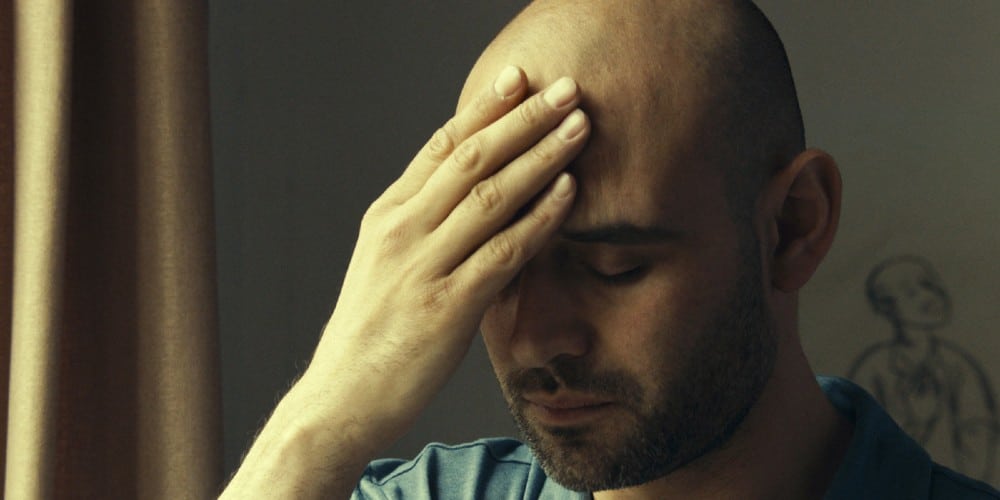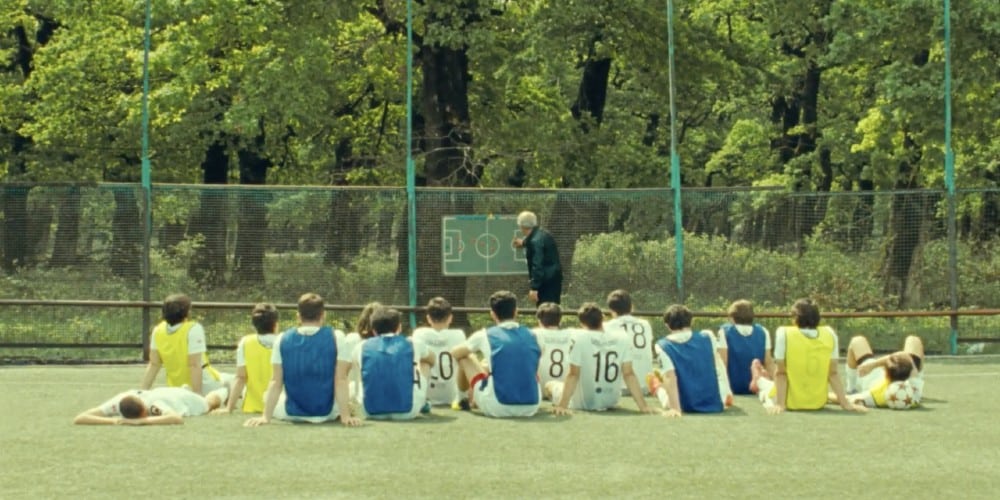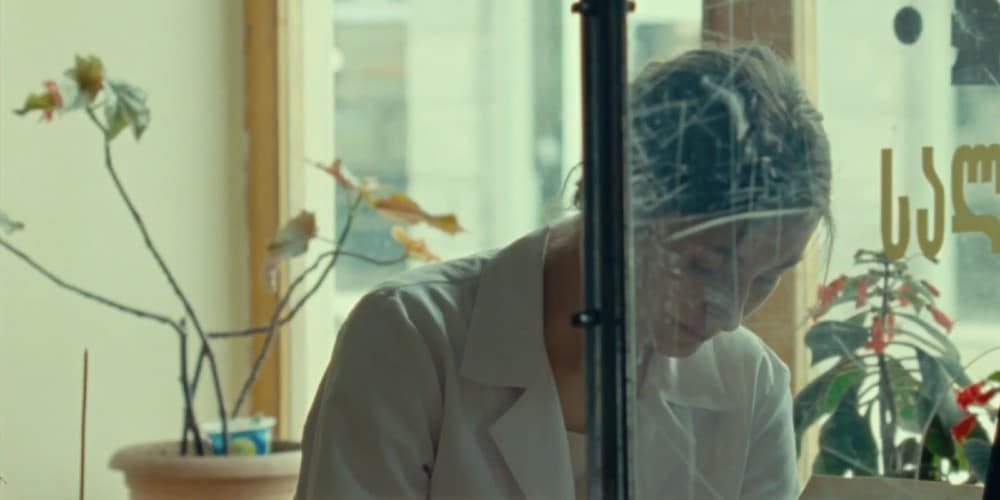Read also:
How to Watch FX Live Without CableHow To Watch AMC Without CableHow to Watch ABC Without CableHow to Watch Paramount Network Without CableAlexandre Koberidze’s mystical romance is lovely and well-performed, but overly insistent on its epic status.
This review is part of our coverage of the 2021 Toronto International Film Festival.)
Like Alice Rohrwacher’s Happy as Lazzaro or Olivier Laxe’s Mimosas, Alexandre Koberidze’s What We Do When We Look at the Sky? begins as a promising addition to the subgenre of modern-day religious fables. But ultimately, it left me shrugging my shoulders.
Koberidze’s film is from Georgia, a country whose cinema scene has produced gems like Nana Ekmitishvili and Simod Groß’s In Bloom (2013) and My Happy Family (2017), and Dea Kulumbegashvili’s beautiful and devastating Beginning (2020), which played at NYFF last year. What Do We See When We Look at the Sky? has genuine charm, and it is certainly worth a mention as among Georgia’s cinematic exports, but it’s not a movie that commands attention beyond its fascinating premise.

Sky opens with its camera concentrated on two people’s feet as they cross paths on a street, implying that the people they belong to bumped into each other and in their fluster, started walking in opposite directions before correcting themselves.
George (Giorgi Bochorishvili) and Lisa’s (Ani Karseladze) faces, but their conversation makes it clear they obviously like each other. They set up a date for the next day. But an evil eye curses them, perpetually changing their appearances so they will never recognize each other again. For the remainder of What We Do When We Look at the Sky?, George and Lisa’s existence is a game of passing by and missing each other.
Cutesy flourishes like intertitles and audience interaction and active participation segments make for charming quirks but at over two and a half hours, these touches cannot redeem What We Do When We Look at the Sky?’s long stretches of meandering.
In a way, it’s a cousin to another film released to U.S. audiences this year – Hong Sang-soo’s The Power of Kangwon Province, where an ex-couple threaten to bump into each other while traveling in the town of Kangwon at the same time. Unlike Hong’s film though, where the viewer is constantly on edge at the awkward prospect of the central ex-couple crossing paths, in Sky we’re eagerly waiting and hoping for it to happen.
Indeed, there are several ways in which Sky echoes Hong’s films, particularly its focus on a chosen town and the pocketed segments and gathering spots where people form casual conversations or engage in cultural rituals. It shares Hong’s fascination with dogs and pets and their place within society, going so far as to embark on a brief tangent detailing the lives of three dogs in the city who all know each other and watch futbol matches together.

The cliché of the city being a character is put in play, but in What We Do When We Look at the Sky? it’s a deliberate excavation of its geography in relation to both George and Lisa’s whereabouts, tracing their souls across throughout their wanderings as they hopefully, eventually find their way back together.
Koberidze contextualizes Sky’s events by having his voice of God give a recount of the tragedy of the wildfires which hit Georgia earlier this year, placing the fairytale amid a national tragedy and the global climate crisis. In the grand scheme of the world, this insular story of a community and the spell cast on two of its members presents itself as but one tale among many, much like the final shot in Vittorio de Sica’s Bicycle Thieves, where the main characters dissolve into the crowd, the city, the nation. This level of ambition commands respect, but it’s muted by the movie’s deliberately sparse, observational quietness and its patient plotting.

Cutesy flourishes like intertitles and audience interaction and active participation segments (the narrator – Koberidze himself – tells the audience to close their eyes for five seconds) make for charming quirks but at over two and a half hours, these touches cannot redeem What We Do When We Look at the Sky?’s long stretches of meandering.
Nor do they help with the voice of God’s pseudo-profound diatribes, which are delivered intending to come across like a more astute, less zany Amelie Poulin, asking questions about the nature of love and recounting events within the surroundings of the movie that are strange and fictional but placed in the real and now. What We Do When We Look at the Sky? has a terrific idea for something short and sweet, but its attempt to stretch its sweet fairytale into a grand epic falls flat.
What We Do When We Look at the Sky? will be available on Mubi later this year.